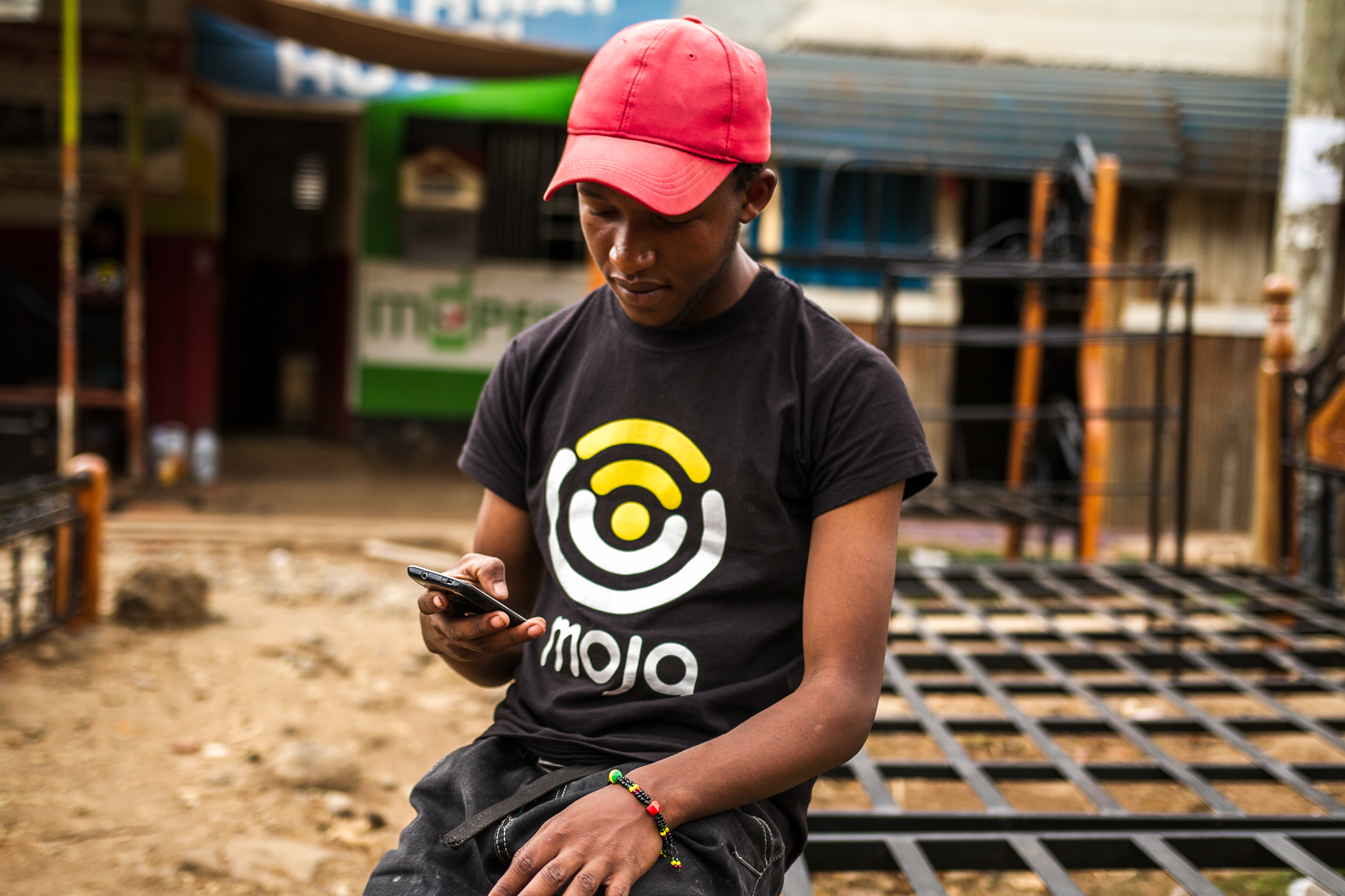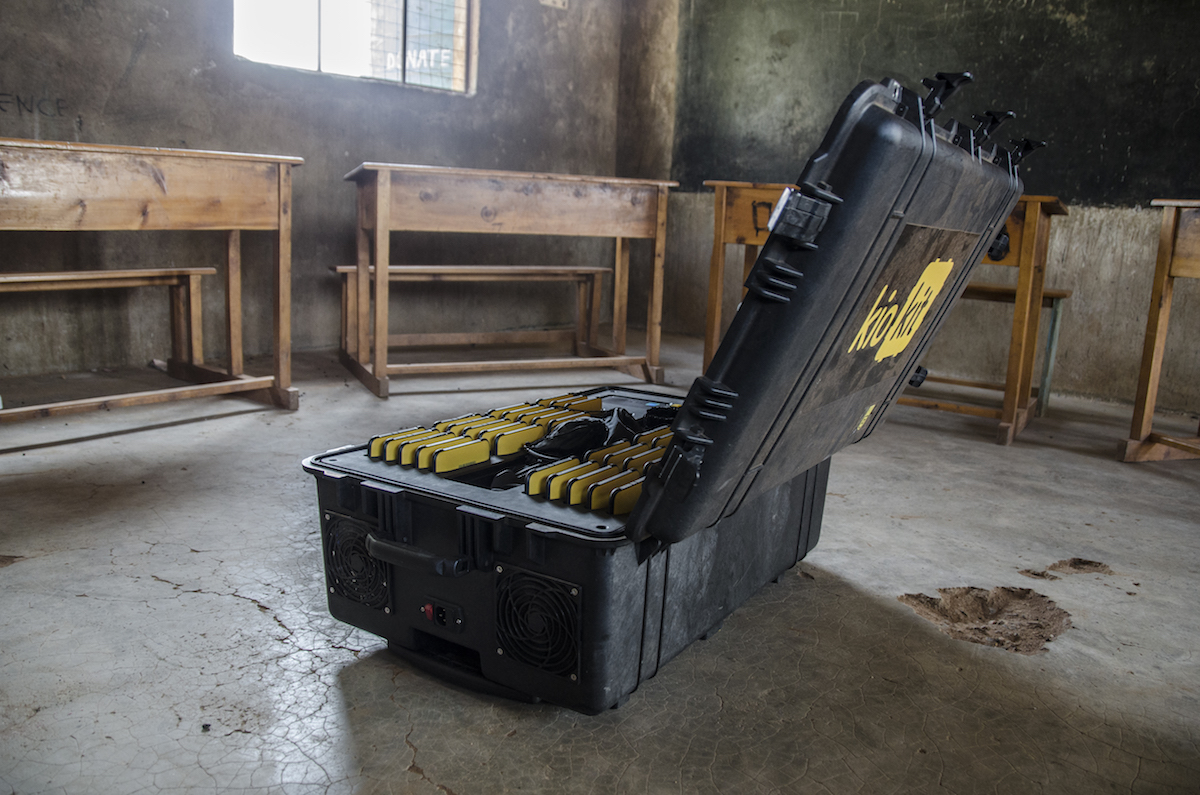Building For Our Markets: Operating Within Our Constraints
I recently attended a workshop titled “The Curse of the Kenyan Startup.” It examined the challenges faced by new companies in Africa, especially in Kenya. The chair and panelists focused on discussing the reasons that keep Kenyan startups from attaining global reach. These included (1) lack of funding, (2) poor execution by the founding and management teams, and (most importantly according to the panel) (3) the failure by Kenyan startups to develop services that can scale and be relevant to other markets.
This made me think about our team at BRCK and what some of us have been working on for the past five years. I thought the first two discussion points from the panel were valid, but had my doubts about the third.
1. Funding is hard to come by for African startups.
The tolerance threshold investors require to develop a product or service and build a company around it is much lower than in other more mature startup ecosystems. This often requires founders to be in an everlasting fundraising cycle to ensure their ideas have a chance to scale. This is just a factor of the maturity of the market we operate in.
2. Poor execution takes place in any market and undoubtedly leads to failure.
Perhaps a better support framework could help lower the failure rate and arm brilliant founders with the proper mentoring and management support they need to turn an idea into a sustainable business.
3. Developing for other markets? That is only part of the challenge.
The discussion topic that stood out the most for me was about how local startups develop and deliver their services. And, specifically, whether they are not only developing for their current market, but also for scale across multiple geographies.
This got me thinking about how the constraints we operate within shape our products and services. At BRCK, our goal is to enable a user base that is financially constrained to connect to the internet and access services and products with the same ease as people with financial means. This has required that we develop a business model that removes the cost burden from the users while still being sustainable. By identifying opportunities and gaps in the market, we’ve matched an existing need with a source of value that is in surplus: people’s time and attention.

The transactional nature of the internet can no longer be disputed, whether companies are trying to reach users to push product or users are looking to consume online services. But how does this happen in markets where a large percentage of the population cannot even afford to maintain a perpetual data connection? Even in countries like South Africa, which has one of the highest smartphone penetration rates on the content, up to 40% of users cannot maintain a constant connection. Internet users are unable to benefit from access to connectivity and are forced to make hard choices when it comes to how they spend their money. Inversely, companies and brands, whose ad and platform budgets are ever-increasing, are unable to reach a large percentage of their potential consumers.
However, consumers do own their time and have opinions and information they can share. This of great value to the companies and brands trying to reach them. BRCK has developed the Moja platform, which allows users to monetize their time by enabling them to complete discrete pieces of digital work to obtain points. These points can be redeemed for internet connectivity, empowering consumers to access the greatest source of knowledge the world has ever seen.
But getting users online is not enough if they do not have the means to consume online services. How do we ensure that our users are able to participate in the 21st-century digital economy? BRCK is committed to extending the range of online services our users have the ability to consume. We want to do this by growing the Moja digital economy to include a variety of services, thus creating a channel for financial inclusion, digital literacy, and education.

The challenges faced by new companies in Africa, such as BRCK, who operate in developing markets where consumers have very rigid wallets, is not just to solve the technology challenges that exist when trying to provide new services, but also to develop business models that identify and exploit untapped value.
The latent demand that exists in African markets for services is not to be underestimated. The rapid growth of companies such as YOCO, who serve micro-enterprise and small businesses by providing them with affordable payment solutions, speaks to that demand and the necessity to package services in a way that are fit for consumption. As BRCK has rolled out Moja across access points that were formerly “pay for access” hotspots, we’ve seen tremendous growth in user engagement. This validates our assumption that not only the demand exists, but that the existing business models were the points of failure in addressing this demand.
Reflecting back on the panel discussion, the real challenges faced by new companies in Africa is not necessarily how to build products and services that can scale out of our original market. Rather, we need to figure out how to build services and products that address the constraints we operate within.